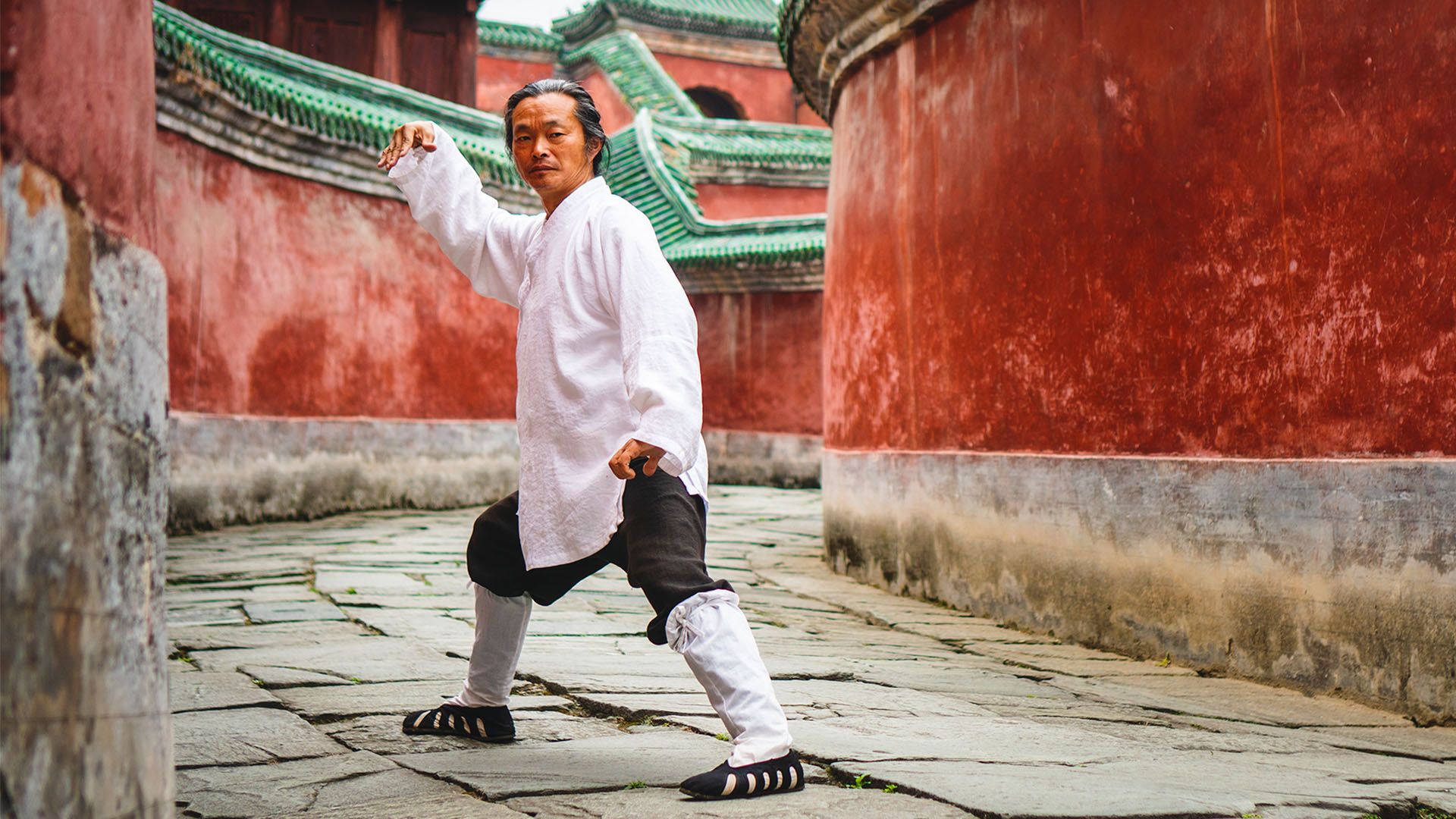Tai Chi Self Defense: An Effective Approach to Personal Safety
May 04, 2024
Have you ever felt vulnerable while walking alone at night? Recent statistics reveal a growing concern for personal safety in urban areas, highlighting an urgent need for effective self-defense strategies. Tai Chi, traditionally viewed as a meditative practice, offers potent self-defense applications. This ancient Chinese martial art teaches practitioners to deflect attacks using smooth, controlled movements, emphasizing the integration of mind and body. For a comprehensive guide on how to transform Tai Chi into a protective tool, continue reading this article.
Learning Tai Chi self defense under a skilled instructor can empower you to handle threats without escalating violence. Join Master Gu's Tai Chi course at the Wudang Taoist Wellness Academy. Discover the secrets of this ancient practice and transform your well-being. Get started now!
The Fundamentals of Tai Chi for Self Defense
Tai Chi, often regarded as a meditative martial art, is also an effective practice for self-defense. Its techniques are rooted in the principles of balance, flexibility, and environmental awareness. Originating from the ancient Chinese martial arts, Tai Chi incorporates movements that are both graceful and potent for defense.
Students learn to use Tai Chi not only to cultivate qi, their life force, but also to protect themselves. This practice transcends mere physical defense, promoting mental clarity and emotional stability, which are crucial in any confrontational situation.
Tai Chi Self Defense Techniques
Tai Chi self-defense leverages slow, deliberate movements to teach practitioners effective defensive techniques without relying on brute strength. Here are some key techniques and principles used in Tai Chi for self-defense:
- Rooting: Practitioners learn to stabilize their stance, making it difficult for opponents to unbalance them. This grounding technique is essential for both defense and executing movements effectively.
- Yielding and Redirecting: Instead of meeting force with force, Tai Chi teaches you to yield to an opponent’s energy, redirecting it to your advantage. This method is especially useful against stronger opponents.
- Awareness and Sensitivity: Through forms like 'Push Hands' (Tui Shou), students enhance their sensitivity and awareness of external forces, improving reaction times and adaptability in real-world scenarios.
- Controlled Breathing: Breathing techniques are integral to maintaining calm and focus during an altercation, allowing practitioners to manage physical and psychological stress.
- Application of Softness: Tai Chi emphasizes softness and the ability to absorb impact, a stark contrast to more aggressive martial arts techniques. This soft approach can disarm an opponent both physically and psychologically.
- Joint Locks and Throws: These techniques involve manipulating an opponent’s joints or using their momentum against them, often seen in the Chen and Yang styles.
- Strikes and Kicks: While Tai Chi is known for its flowing movements, precise strikes and kicks are also taught, targeting vital points to neutralize threats efficiently.
Regular practice of Tai Chi not only hones these techniques but also enhances one’s qi, which is believed to boost overall health and resilience. The martial art is also deeply intertwined with aspects of meditation and mindfulness, enriching the practitioner’s ability to remain centered in challenging situations.
Whether it's in a sparring match or a real-life defense scenario, Tai Chi equips individuals with a unique blend of physical and psychological tools for self-protection.
Benefits of Tai Chi Self Defense
- Tai Chi improves physical balance and stability, reducing the risk of falls.
- Regular practice enhances flexibility and joint health through gentle movements.
- Learning Tai Chi can boost mental focus and calmness due to its meditative components.
- It promotes better cardiovascular health by increasing heart rate safely during practice.
- The discipline of Tai Chi fosters self-awareness, enhancing personal safety in various situations.
- Practicing push hands and sparring sessions in Tai Chi improves reaction times and defensive skills.
- Tai Chi's principles of yielding and redirection teach effective strategies for handling physical confrontations.
- The holistic practice of Tai Chi supports overall well-being by integrating the mind, body, and spirit.
Incorporating Taijiquan into Your Self Defense Routine
Incorporating Taijiquan (Tai Chi Chuan) into your self-defense routine can significantly boost your personal safety. Known for its flowing movements, Taijiquan is not just a health practice but also a profound martial art. By understanding Tai Chi Chuan's defensive techniques and the martial aspect of its movements, practitioners can effectively defend themselves. Training with knowledgeable instructors who emphasize the practical applications of Tai Chi helps hone these skills. Emphasis on body mechanics and posture ensures that each movement is both graceful and potent. Learning Taijiquan requires patience, as mastering its fighting applications alongside its health benefits takes dedication and time.
Conclusion
Tai Chi self-defense not only enhances your physical safety but also contributes to mental and emotional well-being. By incorporating elements of Tai Chi Chuan into your routine, you gain a holistic defense mechanism that is subtle yet effective. As you continue to train and adapt the movements, remember that mastery requires patience and persistence. Are you ready to commit to learning Tai Chi as a means of safeguarding your health and well-being?
FAQs
1. How does Tai Chi training improve self-defense skills?
Tai Chi enhances body awareness, balance, and the ability to remain calm under pressure, which are crucial for effective self-defense.
2. Is Tai Chi suitable for self-defense for all ages and fitness levels?
Tai Chi can be tailored to individuals of any age or fitness level, making it a versatile option for self-defense.
3. What are common self-defense techniques in Tai Chi?
Common techniques include deflecting, redirecting, and using circular movements to control and neutralize an opponent's.
4. How long does it take to learn Tai Chi for self-defense?
The time varies by individual, but basic self-defense skills in Tai Chi can be learned relatively quickly with consistent practice.
5. Can Tai Chi be used to defend against multiple attackers?
Yes, Tai Chi's efficient movement and energy management are beneficial in scenarios involving multiple attackers.







